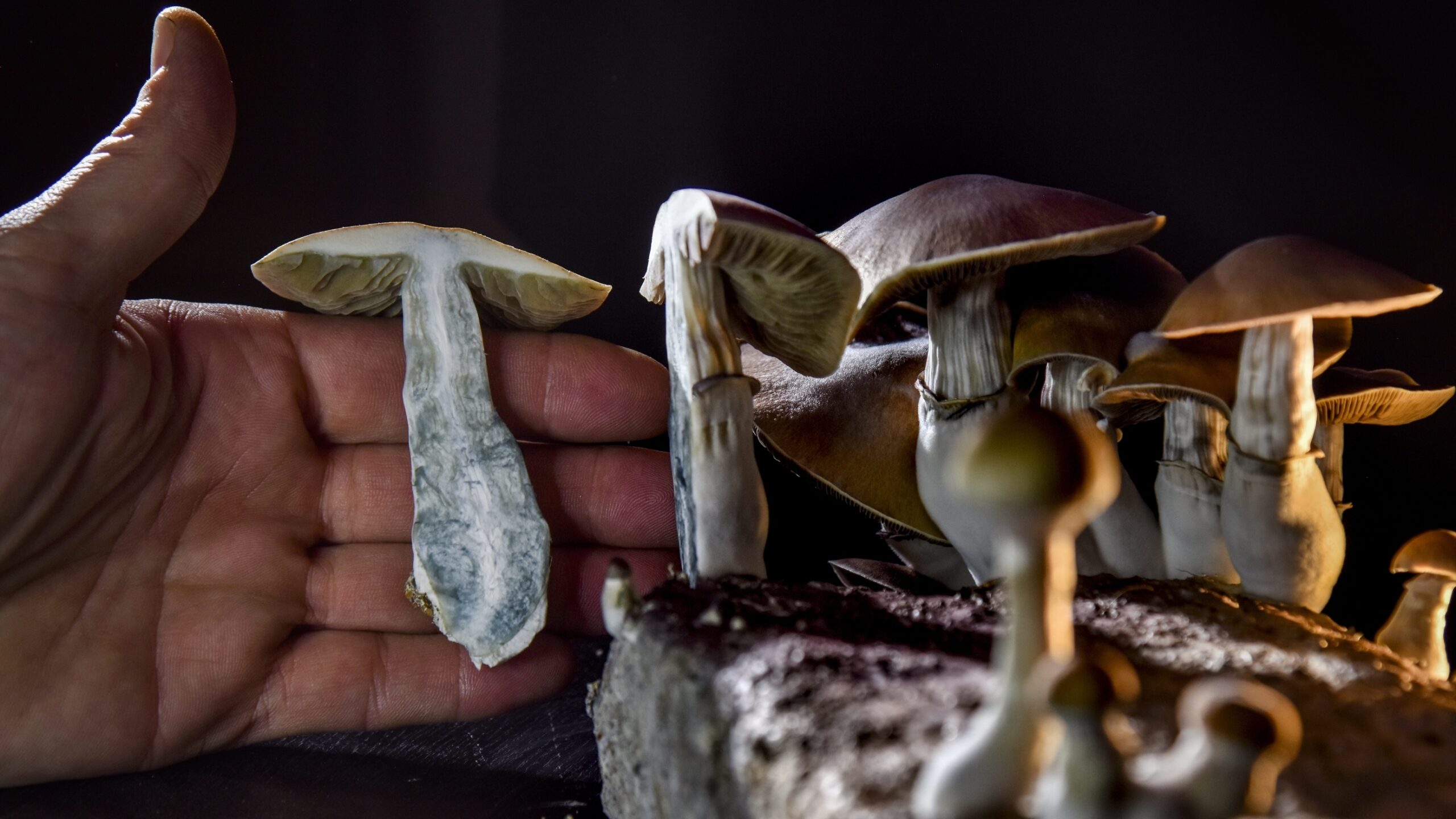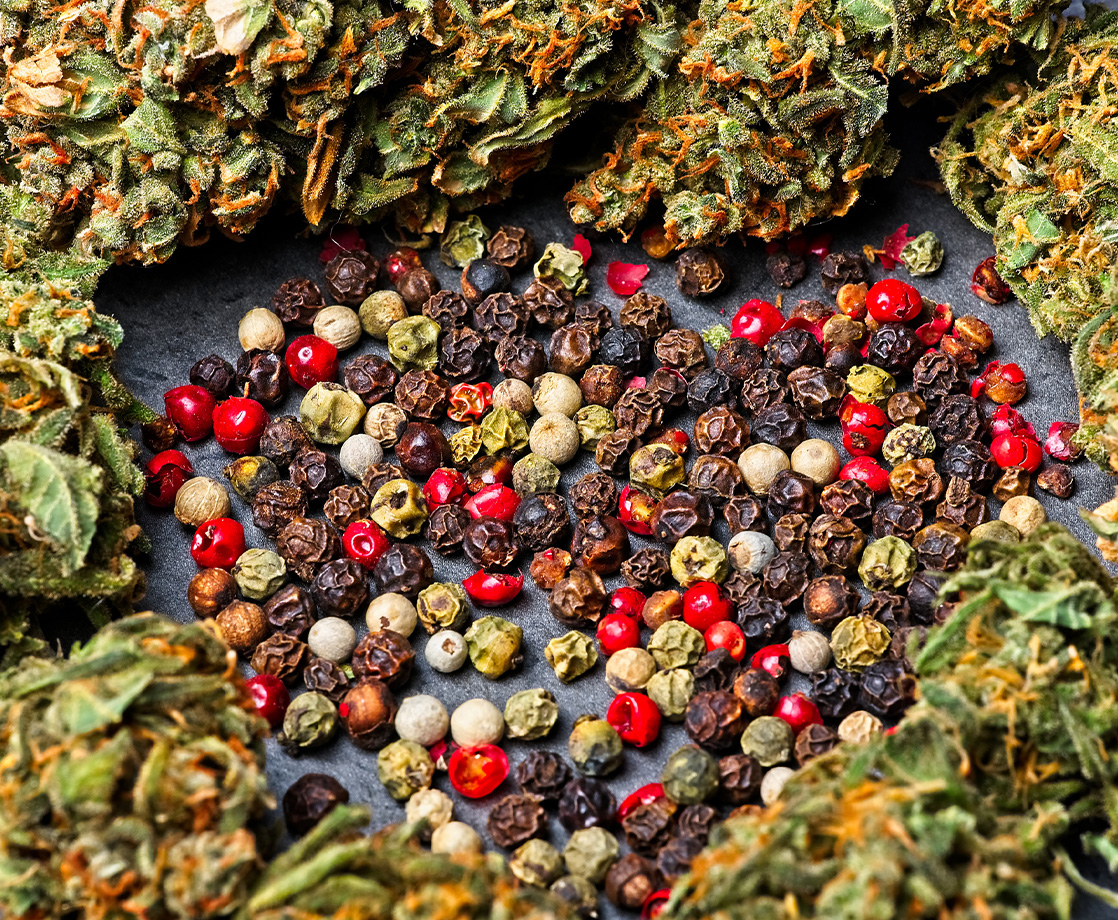Anyone busted with shrooms or weed in Ann Arbor or the surrounding parts of Michigan will no longer face criminal charges, thanks to the county’s top prosecutor.
Earlier this week, Eli Savit, Washtenaw County’s newly-elected prosecuting attorney, released two official directives explaining that his office will no longer be pursuing criminal charges against anyone caught with cannabis or entheogens (natural psychedelics like psilocybin or ayahuasca). The directives also note that the prosecutor’s office will not contest any applications for expungement of cannabis- or entheogen-related crimes.
“America’s long experiment with cannabis criminalization has failed,” Savit explains in the new cannabis directive. “For nearly 100 years, cannabis has been functionally illegal in the United States—tethering countless Americans to the criminal justice system, and imposing severe collateral consequences. The costs of cannabis criminalization, moreover, have not been borne equally. Instead, those costs have been borne disproportionately by Black and indigenous people of color.”
These new directives are an extension of reforms already introduced in his county and state. Michigan legalized adult-use cannabis in 2018, but this voter-approved law still allows cops to arrest anyone caught with over 5 ounces of weed on their person, even for a first offense. Savit’s new policy expands upon the adult-use law by ending prosecutions against anyone caught with literally any amount of weed.
“We’ve long known that marijuana is as safe as alcohol,” the prosecutor wrote on Twitter. “It thus makes no more sense to charge someone for having ‘too much’ cannabis than it does to charge people for having ‘too many’ bottles of wine. And we won’t, any longer.”
Ann Arbor, the county seat of Washtenaw County, voted to decriminalize the possession of entheogenic substances last year, but the prosecutor’s new directive expands this decriminalization to the entire county.
“Criminalization of entheogenic plants simply doesn’t make sense,” Savit explained. “They’re not addictive. They don’t cause violent behavior. And other jurisdictions have successfully decriminalized them without any negative consequences.”
In general, the new rules only apply to possession and use of weed or psychedelics. The prosecutor’s office will consider cases of illegal distribution of these drugs on an individual basis. The notice explains that there will be “a general presumption against filing criminal charges” in the case of small-scale distribution cases. Individuals involved with large-scale efforts to sell and distribute black market weed or shrooms will likely still face criminal charges, however.
“It’s time to move forward from the unjust & inequitable policies of the past, particularly relating to prohibitionist systems,” Savit tweeted. “Today’s announcements are a first step. More is coming, very very soon.”
So far, most state legislatures have balked at the prospect of serious drug decriminalization, but grassroots drug reform campaigns have been gaining ground in recent years. Denver, Oakland, and Santa Cruz all recently voted to decriminalize shrooms or other natural psychedelics, and Oregon voters decriminalized all drugs and legalized psilocybin-assisted therapy last year.











